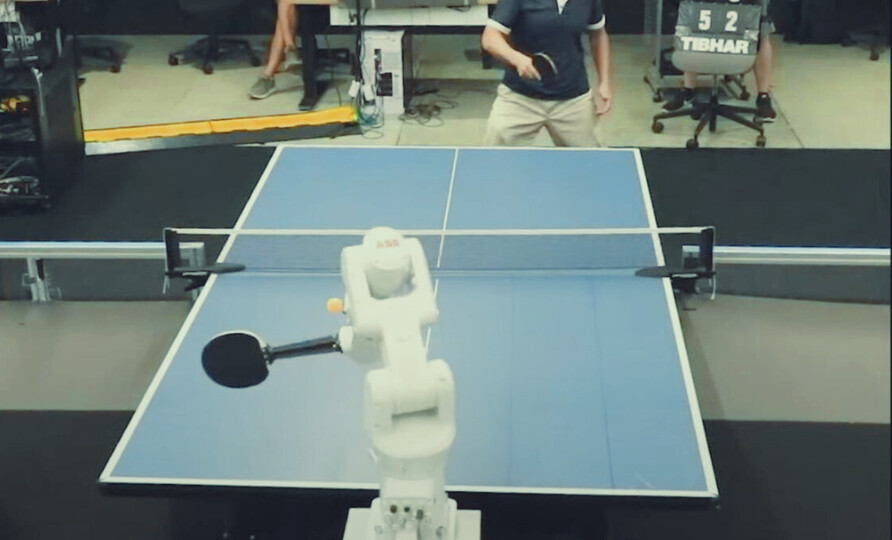In recent weeks, the AI community has been abuzz with speculation surrounding OpenAI, a prominent player in the artificial intelligence arena. The focus of this speculation is not the internal organizational dynamics, including the surprising departure and subsequent return of CEO Sam Altman, but rather a purported breakthrough in AI that some claim could be a monumental step toward achieving Artificial General Intelligence (AGI).
The central mystery revolves around the notion that OpenAI might have cracked the code to AGI or, at the very least, unveiled a promising path towards this elusive goal. AGI, often hailed as the pinnacle of artificial intelligence, denotes a system that matches or even surpasses human cognitive abilities. The details of this alleged breakthrough remain shrouded in secrecy, with only speculative whispers circulating through both social and mass media.
The veil of secrecy
Amidst the fervor, questions arise regarding the plausibility of OpenAI achieving true AGI without the world being privy to the specifics. Skepticism emerges, as it seems improbable that a discovery of such magnitude could remain concealed. Critics argue that if OpenAI had indeed reached AGI, the world would be inundated with information showcasing its capabilities. The silence on this front, they posit, suggests a more tempered reality.
AGI or promising advancements?
While some contend that OpenAI might have achieved AGI, a more realistic scenario is that they have made strides towards developing an AI system demonstrating potential pathways to AGI. The secrecy surrounding the breakthrough, if any, could be attributed to a desire for a competitive advantage or the need for further refinement before public disclosure.
The crux of the matter lies in the basis for asserting progress towards AGI. Speculators demand substantive and ironclad logic supporting the claim. If OpenAI is indeed on the path to AGI, the rationale should withstand scrutiny, rooted in a solid foundation of advancements. The question lingers: is the asserted progression a result of meticulous development or merely a tech enthusiast’s hunch?
As the rumor mill continues to churn, only time will reveal the authenticity of OpenAI’s alleged breakthrough. The AI community, eagerly awaiting concrete information, is poised to assess whether the recent organizational upheavals are indeed a prelude to a transformative era in artificial intelligence.
SEO-optimized insights into openAI’s AI speculation
In dissecting the OpenAI mystery, it is crucial to remain objective. The tumultuous events within the organization, although captivating, serve merely as a backdrop to the central theme — the pursuit of AGI. The speculative nature of the discourse necessitates a balanced perspective, acknowledging the possibility of groundbreaking advancements while maintaining a healthy dose of skepticism.
OpenAI’s alleged journey to AGI, if true, marks a pivotal moment in the history of artificial intelligence. However, the lack of concrete details raises questions about the veracity of the claims. It is plausible that OpenAI has indeed made significant strides, yet the decision to withhold specifics fuels curiosity and speculation.
In the quest for AGI, transparency becomes a linchpin. The AI community awaits validation of OpenAI’s assertions, anticipating a disclosure that goes beyond mere conjecture. As the organization navigates its internal transformations, the spotlight remains on the substantiation of AGI progress and the potential ramifications for the broader field.





